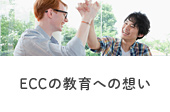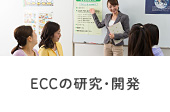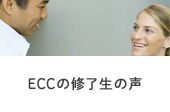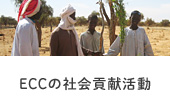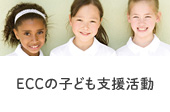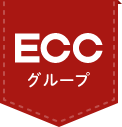第50回 全国大会結果
高校の部 3位
バコウスキー イザベルキラ(光ヶ丘女子高等学校)
Create a Comfortable Place for All Residents
“Excuse me. Can you tell me what is in these?” The woman cooking the sample spring rolls just pointed toward the freezer with her chopsticks. She did not say a word or even offer a smile. Perhaps she was just too busy. Perhaps she had been afraid of talking with a foreigner, worried about possible communication difficulties. Perhaps there was another reason. All I know is that the man who asked that question was clearly disappointed as he walked back to his wife and young son. His wife was wearing a hijab; a Muslim head covering. I guessed that knowing the ingredients of the spring rolls was really important to them, because as Muslims, they were following a strict halal diet, and they just needed to know that the spring rolls met their requirements. Help and understanding were needed, but not received.
Seeing that event took me back to my elementary school days. In grades four and five, I went to school with an Egyptian girl from a Muslim family. Life was not so easy for her because of cultural differences. For example, her family also followed a strict halal diet, and there were certain foods she was unable to eat. For that reason, she had her own lunch, not the school lunch with the rest of the class. She also needed to pray during school, so she had to leave our classroom to do that. She had to sit between two girls because she was not allowed to be close to boys, and because she wasn’t allowed to show bare feet in public, she was unable to remove her socks with us when we practiced for our sports day performance.
Some of our classmates were really mean to her about those differences, but I wanted to make her feel good about living in Japan, so my family invited her to Disneyland. Unfortunately, her parents would not let her join us because they were worried about her meals and places for prayer. They did, however, invite my family over for dinner, and the food was amazing. Wanting to reciprocate, we asked them to join us for lunch many times, but they always politely refused. Eventually we came to realize that they could only be certain that they were eating halal food if they prepared it themselves.
The great news is that things are slowly changing in Japan. In addition to airports, many big hotels and department stores are creating prayer facilities for their customers. Recently, I even found some halal marked food in a small supermarket near my house. These small changes are nice, but there is more we need to do for all foreigners living in Japan. We need to be more open to, and accepting of cultural differences, and I would like to suggest two things we can do to achieve this.
First, I think all schools should have a class called Ibunka Rikai, which means ‘understanding different cultures’. In this class, we can learn about other cultures, and we can come to realize that differences are normal and that people from different cultures have different needs. Second, with this knowledge, we can start to be more empathetic towards people around us. We can help people like the girl I went to elementary school with, or the man and his family in the supermarket.
I truly believe that through one additional class in our schools, we can become a more understanding and empathetic nation. Then we can create a society in which our differences are understood, accepted, and appreciated. We can create a society in which people are not made to feel ashamed of their differences. And we can build a society in which all residents feel comfortable to live. Join me in pushing for this educational reform so that when help and understanding are needed, they are received.





